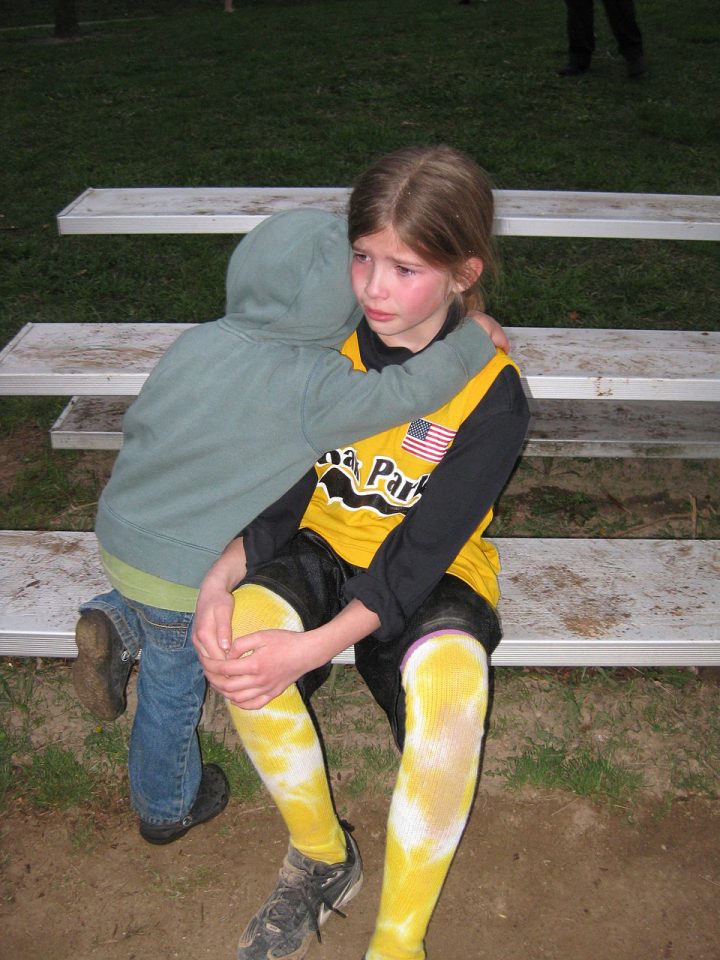What is the best way to prevent a catastrophe? So many people have a sense of foreboding that we are heading towards disaster that proposals are not discussed calmly and amicably but rather everybody is trying to impose their preferred ones on everyone else. These are times of extreme polarisation of the type that precede at best social revolutions, at worst wars.
And so the classic schools of decadence, so well described by Silo in Letters to my Friends, make their appearance like they always do in times of crisis (in reality they are always there but become more visible when people are looking for ways out of difficult situations), so clearly present in Ancient Greece: the stoics (we must be strong in the face of adversity), the cynics (nothing good can come out of humanity so we just as well carry on as usual) and the epicureans (if it’s all going to hell we try to enjoy ourselves as much as possible while it lasts).
To these schools we must add a different type of response, the extreme violence of groups that descend into tremendous levels of hatred and disregard for human life, which offer their members cathartic violence, revenge on scapegoats and belonging – this being perhaps the most important magnet for people who feel left out by society (1)- all in the name of an ideology. Attempting to proscribe them without understanding (and changing) the social processes that give birth to them is a sterile task. Their justifications can be found in the whole political, religious and psychological spectrum. Occasionally they take over power and deliver state terrorism, or simply feed their grassroots respectability and better media access.
We may look at older popular uprisings even if they were violent with some sympathy but surely at the time they elicited the same horror their modern counterparts do. Spartacus slaves’ revolt against the Roman Empire deserves all the praise it gets today but at the time he would have been considered a kind of Osama Bin Laden.
Attempts to understand the process that leads a person into a terrorist group are generally met with accusations of collusion, and proposals to open a dialogue for peace and reconciliation are seen as treason and carefully recorded to be used in smear campaigns in the future. On the other hand the growing criticism towards those who allow themselves to be seduced by neofascist populism (seeing them as uneducated and stupid) does not advance the cause of Nonviolence and reconciliation.
Most violence arises as a response to fear, oppression and exclusion. Cruelty is born out of cruelty. War begets more war. A dehumanising and objectifying social order creates the conditions, inequality makes them grow.
If the deep causes of violent responses are analysed and counteracted the whole direction of society may change.
Compassion, equality, inclusion, justice and non-discrimination can be part of a vaccination campaign against violence, against fascism, against fundamentalisms in all their forms. The green shoots of this new sensibility are already visible in spite of the media dedicating most of their attention to the excesses and antics of the neofascist leaders. No doubt they sell papers! Not to mention advertising.
But not only the progressives are starting to occupy space. In the midst of what has been described by the WHO as an epidemic of depression, science is also telling us that compassion, kindness and thankfulness are the roads to a better existence.
Active Nonviolence has all the tools for social action and personal development necessary to undertake these changes. We must rest assured that a growing compassion will not only benefit the victims of the present system but also help the victims of despair before they join in the violence.
Switching from individualist mode (promoted by the neoliberal ideology) to solidarity mode requires to stop believing the lies we are told and we tell ourselves. This can take a little time. Searching in the depths of our consciousness for the spark of a higher state of being may require some effort. Compassion-on-demand may not be easy, but taking a bit of time to remember when we felt compassion for another human being, just like that, out of the blue, and then observing how we felt at that time, can make us realise this capability comes with the hardware, is a present, and yet we let it slip out of our daily interaction with others. Once we realise this it becomes a personal choice that can give direction to the whole of society.
1. Brain scans show social exclusion creates jihadists, say researchers.






